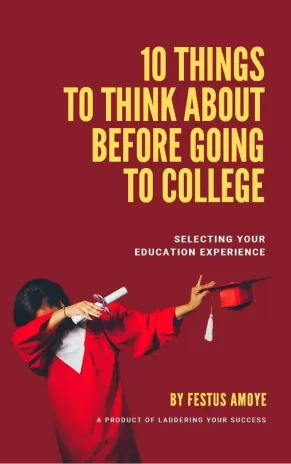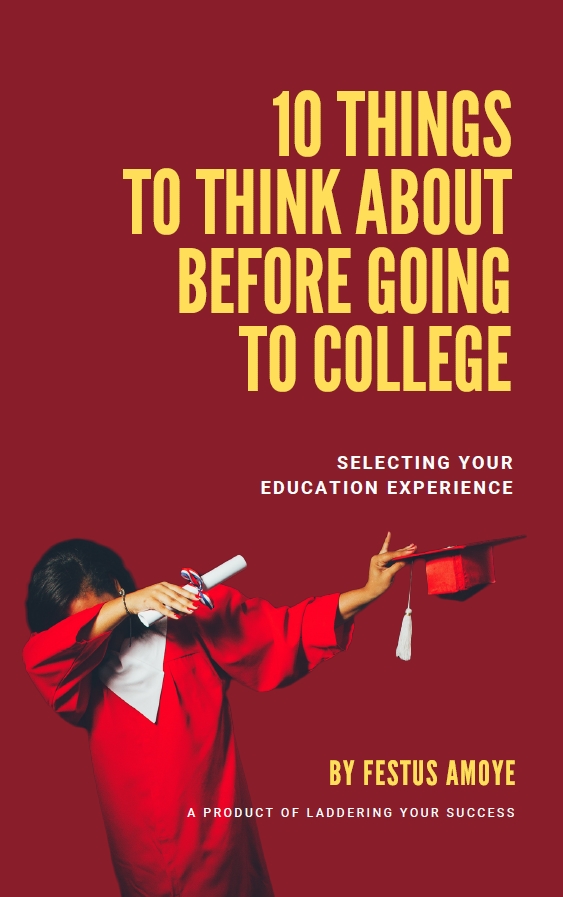Parenting is hard. It’s also expensive. One thing that makes parenting hard is the price tag of education. Regardless of if your student is in a public school, a charter school, or a private school, the cost of activities can mount. We’ll uncover three hidden expenses and tell you a few things to save money on your college students’ tuition, and the best part, it won’t cost you a dime!
Switching Majors
A significant cost that almost no one talks about is switching majors. All institutions that serve students have to follow some curriculum. If your child has an IEP (a Modified Curriculum), ensure it’s being implemented. This helps to accommodate for certain things such as Dyslexia or other learning-based diagnoses. There should be baked-in opportunities to determine what to do after your child graduates from high school in this curriculum. If you homeschool your child try the LYS Classroom App, it makes lessons and assignments easier.
Usually, you’ll get a chance to pick their courses at the end of the previous year for the beginning of the following semester. This is a place where you can have a big win! Find out what programs your school district offers for your child. By choosing the right program while your child is in school, you can save a ton of cash on postsecondary education. A few programs like Genesys Works offer students the ability to do internships while in high school, and they have excellent track records for postsecondary student success. The sooner your child figures out what they want to do and can stick to it, it can help reduce the cost of switching majors. This is one of the top undiscussed ways that students generate debt.
What tends to happen is that students go to college without a plan, and they think they know what to do when they start taking courses and find out that they’re not good in the courses or they’re not passionate about them. Next thing you know, after two years of studying organic chemistry, all of a sudden, your child wants to switch to mid-century English literature. And now you have to eat the cost of those elective science courses that they got C’s and D’s in.
A campus mentor or recent grad can help
Another way to help them is by seeking out mentorship from someone in that career. They can advise them on what courses are essential, and if your student is inquisitive, they will be able to see if they’re passionate about the career choice from somebody who works in it. An excellent resource for having this discussion is checking out the occupational Handbook. This will give some basic information about a particular career. That’s a good starting point to see if your child has the attributes for that career. Be sure to encourage your child that there are many different opportunities within a career field. So if your child wants to be in the medical field, rather than doing all the classes for Pre-Med, they can go to trade school to make good money doing some medical support, so they don’t have to give up on their dreams. If you are having trouble finding a mentor. LYS offers free mentorship to students every week (Click here to sign up).
Be prepared
Figuring out what to do after high school is tough. That’s why it’s best to start early. Think about it like a treasure map. The person who has the map first can start their journey sooner. And there are certain types of students that need to get the ball rolling if they’re going to be successful and save money. If your child is a First-Generation or Non-Traditional student, you might want to encourage them to seek mentorship from another student on campus or some of the campus support staff. Some high schools have dedicated college and career specialists. I’ve heard that it was said that the average student only spends 5 minutes a year with their counselor. You can judge if that’s true or not.
Look for college readiness events
The more often you attend college and career readiness events, the better. Many good free ones are out there but don’t be afraid to pay. Just make sure that it’s worth it before you do. You can do a few things to make sure it is worth it; ask the specific outcomes before registering. Some of these workshops will give you impractical advice and so many resources that you don’t know what to do with them. I’d recommend checking with your student’s school or library.
Make them gritty
An area that is currently being studied is called grit. I researched this in undergrad and found out that there was a correlation between parents’ education and the student’s level of grit. Grit is a mixture of passion and perseverance towards a goal. You might be asking how this saves money; simply, your kids will graduate.
One of the major problems with going to college nowadays is that nearly half of the students won’t graduate. Here’s some research on that. So it’s a good idea to make sure that your child is going into any form of postsecondary education that they graduate.
Students tend to be gritty and graduate but still have a large debt. Those tend to be first-generation minority students. I would highly recommend it, but you look to see if your student’s place of education has a Trio program. They have many resources to enable student success. Similar to our book here.
Finally —
If you’re looking for a great resource that is holistic, we suggest that you consider purchasing our book. It offers a proven path to success for anyone looking for a better tomorrow. It gives unconventional strategies to remove roadblocks, define success, and build a foundation for growth. There is a great need among all young people. Many are leaving school without the tools necessary to continue their education and form healthy lives. This book is perfect for anyone seeking just a little help. We provide helpful information to assist those climbing their ladder of success.








